100+
Courses
Explore a comprehensive range of IT training courses designed to meet your personal and professional goals. Whether you're starting out or looking to specialize, we offer certifications and training in areas like cybersecurity, networking, data management, IT management, and more. Delivered by expert instructors, our courses ensure hands-on learning and practical application to equip you with the skills needed in today’s competitive IT landscape. Choose the course that fits your aspirations and start advancing your career today.
Access premium learning and development programs trusted by leading
global organizations,
exclusively on Counseltrain.

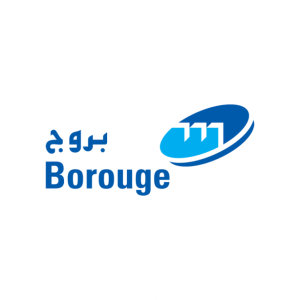







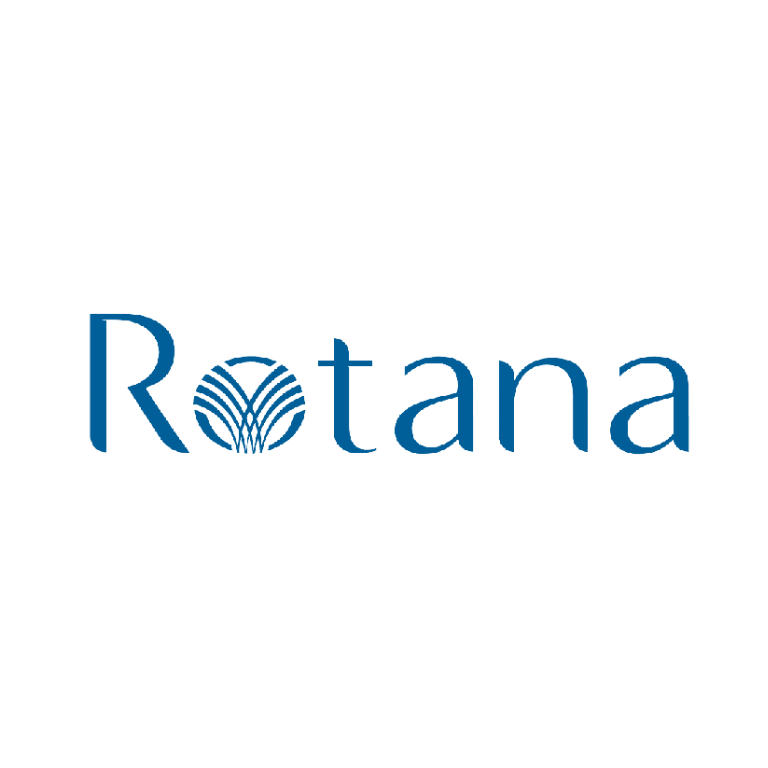



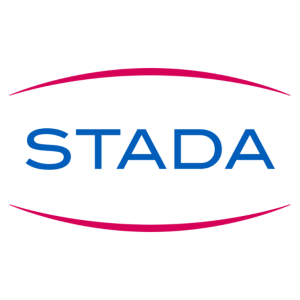

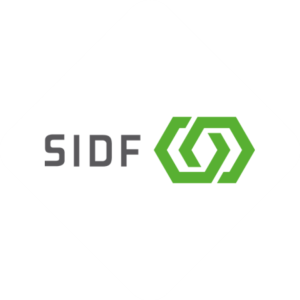


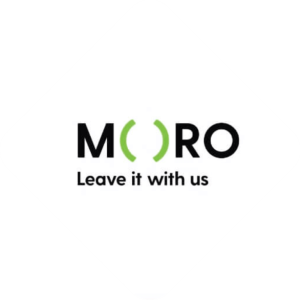



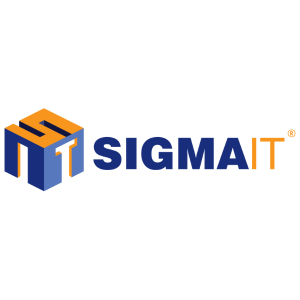



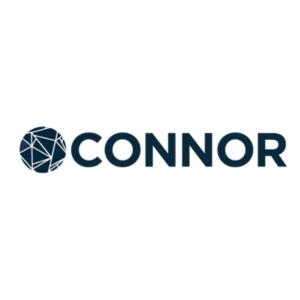


Courses

Certified Instructors

Success Rate
Fill out the form to get started!
From Anywhere In The World